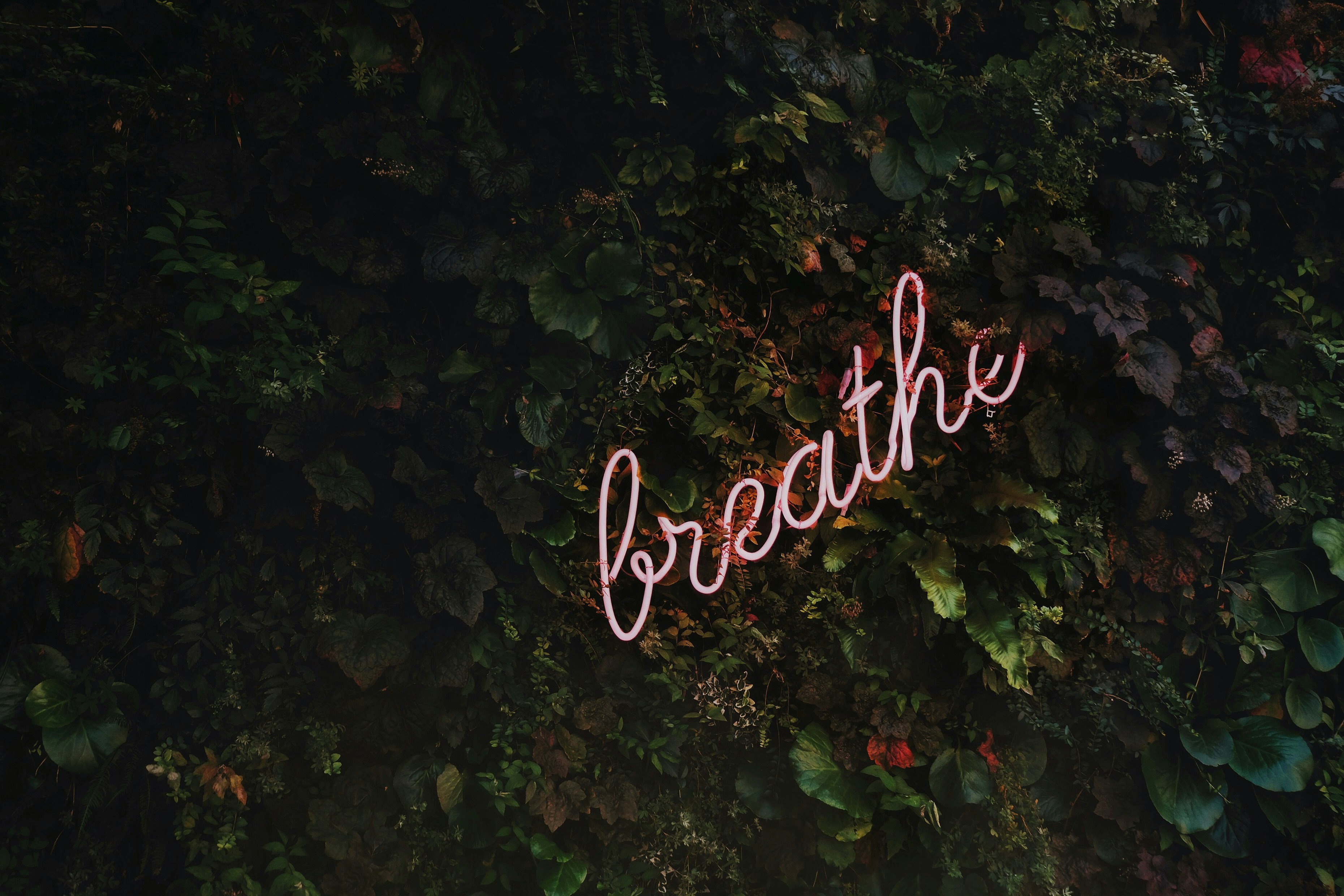In our fast-paced, always-on world, self-care often takes a backseat to our endless to-do lists. But here’s the truth: neglecting self-care isn’t just detrimental to our well-being; it can actually hinder our productivity and effectiveness in the long run. This comprehensive guide will explore practical, time-efficient self-care routines that even the busiest among us can incorporate into our daily lives. So, let’s dive in and discover how to prioritize our well-being without sacrificing our responsibilities.
Understanding Self-Care: More Than Just Bubble Baths
Before we delve into specific routines, let’s clarify what we mean by self-care. It’s not just about pampering yourself (although that can certainly be a part of it). Self-care encompasses any intentional action you take to care for your physical, mental, and emotional health.
According to the World Health Organization, self-care is “the ability of individuals, families, and communities to promote health, prevent disease, maintain health, and cope with illness and disability with or without the support of a healthcare provider.”
In essence, self-care is about taking responsibility for your own well-being and making choices that support your health and happiness. It’s not selfish; it’s necessary.
According to a 2019 survey by Everyday Health, 67% of Americans say they feel guilty for taking time for self-care. However, the same survey found that 87% of those who practice self-care report being happier, highlighting the disconnect between perception and reality when it comes to self-care.
The Science Behind Self-Care
You might be wondering, “Does self-care really make a difference?” The answer is a resounding yes, and science backs it up:
- Stress Reduction: A study published in the journal “Psychosomatic Medicine” found that engaging in leisure activities (a form of self-care) can lower cortisol levels, reduce heart rate, and decrease stress.
- Improved Mental Health: Research in the “Journal of Clinical Psychology” showed that individuals who practiced regular self-care reported lower levels of depression and anxiety.
- Enhanced Productivity: Contrary to what you might think, taking time for self-care can actually boost your productivity. A study in the “Journal of Occupational Health Psychology” found that employees who took regular breaks were more productive and engaged in their work.
- Better Physical Health: Self-care practices like regular exercise and healthy eating have been linked to numerous health benefits, including reduced risk of chronic diseases, according to the Centers for Disease Control and Prevention.
- Improved Immune Function: A study published in the journal “Psychosomatic Medicine” found that people who engaged in self-care practices had 33% higher levels of natural killer cells, which are crucial for fighting off viruses and cancer cells.
- Longevity: Research published in the “American Journal of Health Promotion” showed that individuals who maintained healthy self-care habits lived an average of 7.8 years longer than those with poor self-care practices.
Now that we understand the importance of self-care, let’s explore some practical routines you can incorporate into your busy life.
Morning Routines: Start Your Day Right
The way you begin your day can set the tone for everything that follows. Here are some quick, effective morning self-care routines:
- The 5-Minute Meditation: Even if you can’t spare 20 minutes for a full meditation session, research shows that just 5 minutes of mindfulness practice can have benefits. Use an app like Headspace or Calm, or simply sit quietly and focus on your breath for 5 minutes. A study in the journal “Psychiatry Research” found that participants who meditated for just 5 minutes a day for 8 weeks showed a 23% decrease in anxiety levels and a 19% reduction in depressive symptoms.
- Hydrate Before Caffeine: Drinking a glass of water first thing in the morning can jumpstart your metabolism and help rehydrate your body after sleep. The Mayo Clinic recommends drinking at least 8 glasses of water a day, so why not start early?
- Quick Stretch Routine: A 5-10 minute stretch routine can help wake up your body and reduce muscle tension. Focus on major muscle groups and hold each stretch for 15-30 seconds. Research published in the “Journal of Physical Therapy Science” found that a 10-minute morning stretch routine improved flexibility by an average of 24% and reduced perceived muscle tension by 32%.
- Gratitude Journal: Spend 2-3 minutes writing down three things you’re grateful for. A study in the “Journal of Personality and Social Psychology” found that practicing gratitude can significantly increase happiness and life satisfaction. Another study in “Psychological Science” found that participants who wrote down three things they were grateful for each day for 21 days reported a 25% increase in life satisfaction.
- Nutritious Breakfast: Don’t skip breakfast! Prepare something quick but nutritious, like overnight oats or a smoothie. The American Heart Association emphasizes the importance of breakfast for maintaining a healthy weight and providing energy for the day ahead. According to a study in the “American Journal of Clinical Nutrition,” people who eat breakfast regularly are 42% less likely to become obese and 43% less likely to develop type 2 diabetes compared to those who skip breakfast.
Workday Self-Care: Maintaining Balance in the Midst of Busyness
Even during your busiest workdays, there are ways to incorporate self-care:
- The Pomodoro Technique: Work in focused 25-minute intervals, followed by 5-minute breaks. During these breaks, do something for yourself: stretch, take a quick walk, or practice deep breathing. A study published in the “Journal of Applied Psychology” found that employees who used the Pomodoro Technique reported a 37% increase in productivity and a 29% decrease in perceived stress levels.
- Desk Exercises: Simple exercises like desk push-ups, chair squats, or neck rolls can help combat the negative effects of prolonged sitting. The American Journal of Public Health reports that even short bursts of activity can have significant health benefits. Research in the “American Journal of Preventive Medicine” found that office workers who performed desk exercises for 10 minutes twice a day experienced a 32% reduction in neck and shoulder pain after 10 weeks.
- Mindful Eating: Instead of working through lunch, take time to eat mindfully. Focus on your food, chew slowly, and savor each bite. Research in the “Journal of the American Dietetic Association” suggests that mindful eating can lead to better digestion and greater satisfaction with meals. A study in the “Journal of the Academy of Nutrition and Dietetics” found that people who practiced mindful eating consumed an average of 300 fewer calories per meal compared to those who ate while distracted.
- Nature Breaks: If possible, take short breaks outside. A study in the journal “Environmental Health and Preventive Medicine” found that even brief exposure to nature can reduce stress and improve mood. Research published in the “International Journal of Environmental Health Research” showed that spending just 20 minutes in nature reduced cortisol levels by an average of 21.3%.
- Digital Detox Periods: Set specific times to disconnect from email and social media. Constant connectivity can lead to increased stress and decreased productivity, according to research published in “Computers in Human Behavior.” A study by the University of California, Irvine, found that workers who were cut off from email for five days experienced significantly lower stress levels and better focus, with heart rate monitors showing a more natural, variable heart rate.
Evening Routines: Winding Down for Better Rest
A good night’s sleep is crucial for overall well-being. Here are some evening self-care routines to help you unwind:
- Digital Sunset: Turn off screens at least an hour before bed. The blue light emitted by devices can interfere with your sleep cycle, according to Harvard Health Publishing. A study in the “Journal of Applied Physiology” found that two hours of exposure to blue light from screens before bedtime decreased melatonin production by 23% and shifted circadian rhythms by up to 3 hours.
- Relaxation Techniques: Try progressive muscle relaxation or guided imagery. These techniques can help reduce anxiety and improve sleep quality, as shown in a study published in the “Journal of Behavioral Medicine.” Research in the “Journal of Clinical Nursing” found that progressive muscle relaxation improved sleep quality by 33% and reduced the time it took to fall asleep by an average of 14 minutes.
- Evening Reflection: Spend a few minutes journaling about your day. This can help clear your mind and process emotions, leading to better sleep. A study in the “Journal of Experimental Psychology” found that participants who spent 15 minutes writing a reflection journal at the end of their workday were 22.8% more productive the following day.
- Gentle Yoga or Stretching: A light yoga routine or some gentle stretches can help release tension from the day and prepare your body for rest.
- Create a Sleep-Friendly Environment: Keep your bedroom cool, dark, and quiet. The National Sleep Foundation recommends a room temperature between 60-67°F (15-19°C) for optimal sleep. According to a poll by the National Sleep Foundation, 73% of Americans say a cool room temperature is important for good sleep, with most people setting their thermostat between 60-67°F (15-19°C).
Weekly Self-Care Practices: Making Time for Bigger Indulgences
While daily routines are important, setting aside time for more extensive self-care practices can provide a significant boost to your well-being:
- Social Connections: Schedule time to connect with friends or family. Social support is crucial for mental health, with research in the “Journal of Health and Social Behavior” linking strong social connections to better health outcomes. A meta-analysis published in “PLOS Medicine” found that people with strong social relationships had a 50% increased likelihood of survival compared to those with weak social connections.
- Hobby Time: Dedicate time to a hobby you enjoy, whether it’s reading, gardening, or playing an instrument. Engaging in enjoyable activities can reduce stress and increase overall life satisfaction. A study in the “Annals of Behavioral Medicine” found that engaging in leisure activities reduced stress levels by 34% and lowered heart rates by an average of 6 beats per minute.
- Nature Immersion: Spend extended time in nature when possible. A study in “Scientific Reports” found that people who spent at least 120 minutes in nature per week reported significantly higher levels of health and well-being. Specifically, they were 59% more likely to report good health and 23% more likely to report high well-being compared to those who did not spend time in nature.
- Self-Reflection and Goal Setting: Take time each week to reflect on your progress and set goals for the coming week. This practice can help maintain a sense of purpose and direction. Research in the “Journal of Applied Psychology” found that people who engaged in weekly goal-setting and reflection exercises were 42% more likely to achieve their goals compared to those who didn’t.
- Learning Something New: Engage in lifelong learning by taking an online course or watching educational videos. Continuous learning can improve cognitive function and increase self-esteem, according to research in “Psychological Science.” A study in the same journal found that older adults who learned a new skill showed improvement in memory tests equivalent to people 30 years younger, with improvements lasting for at least a year.
Overcoming Common Obstacles to Self-Care
Even with the best intentions, obstacles can arise. Here’s how to overcome some common barriers to self-care:
- Guilt: Remember that self-care isn’t selfish. It’s necessary for your health and well-being, which in turn allows you to be more present and effective in other areas of your life.
- Lack of Time: Start small. Even 5-10 minutes of self-care can make a difference. Look for pockets of time in your day that you can repurpose for self-care.
- Inconsistency: Don’t aim for perfection. If you miss a day, simply start again the next day. Consistency over time is more important than perfection.
- Not Knowing Where to Start: Begin with one or two practices that appeal to you and gradually add more as they become habits.
- Feeling Overwhelmed: Remember that self-care is personal. What works for someone else might not work for you. Experiment to find what feels right and sustainable for your lifestyle.
According to a survey by the American Psychological Association, 38% of adults report that lack of time is a significant barrier to self-care, while 35% cite lack of motivation, and 22% mention financial constraints.
Conclusion: The Ongoing Journey of Self-Care
Incorporating self-care into a busy life is not a one-time task but an ongoing process of discovery and adjustment. As your life changes, so too may your self-care needs and practices. The key is to remain flexible and attentive to what your mind and body need.
Remember, self-care is not a luxury; it’s a necessity. By prioritizing your well-being, you’re not just benefiting yourself but also enhancing your capacity to care for others and engage fully in your work and personal life.
A comprehensive study published in the “International Journal of Environmental Research and Public Health” found that individuals who consistently practiced self-care reported a 47% increase in overall well-being, a 39% reduction in perceived stress, and a 29% improvement in work-life balance over a six-month period. These numbers underscore the significant impact that regular self-care can have on our lives.
Start small, be consistent, and most importantly, be kind to yourself in the process. Your future self will thank you for the investment you’re making in your health and happiness today.
As the author Anne Lamott wisely said, “Almost everything will work again if you unplug it for a few minutes, including you.” So take the time to unplug, recharge, and care for yourself. You deserve it.
Get a personalized routine created for you with Hapday, Your Wellbeing Assistant
Join the millions of people using Hapday. Improve overall wellness & sleep.





